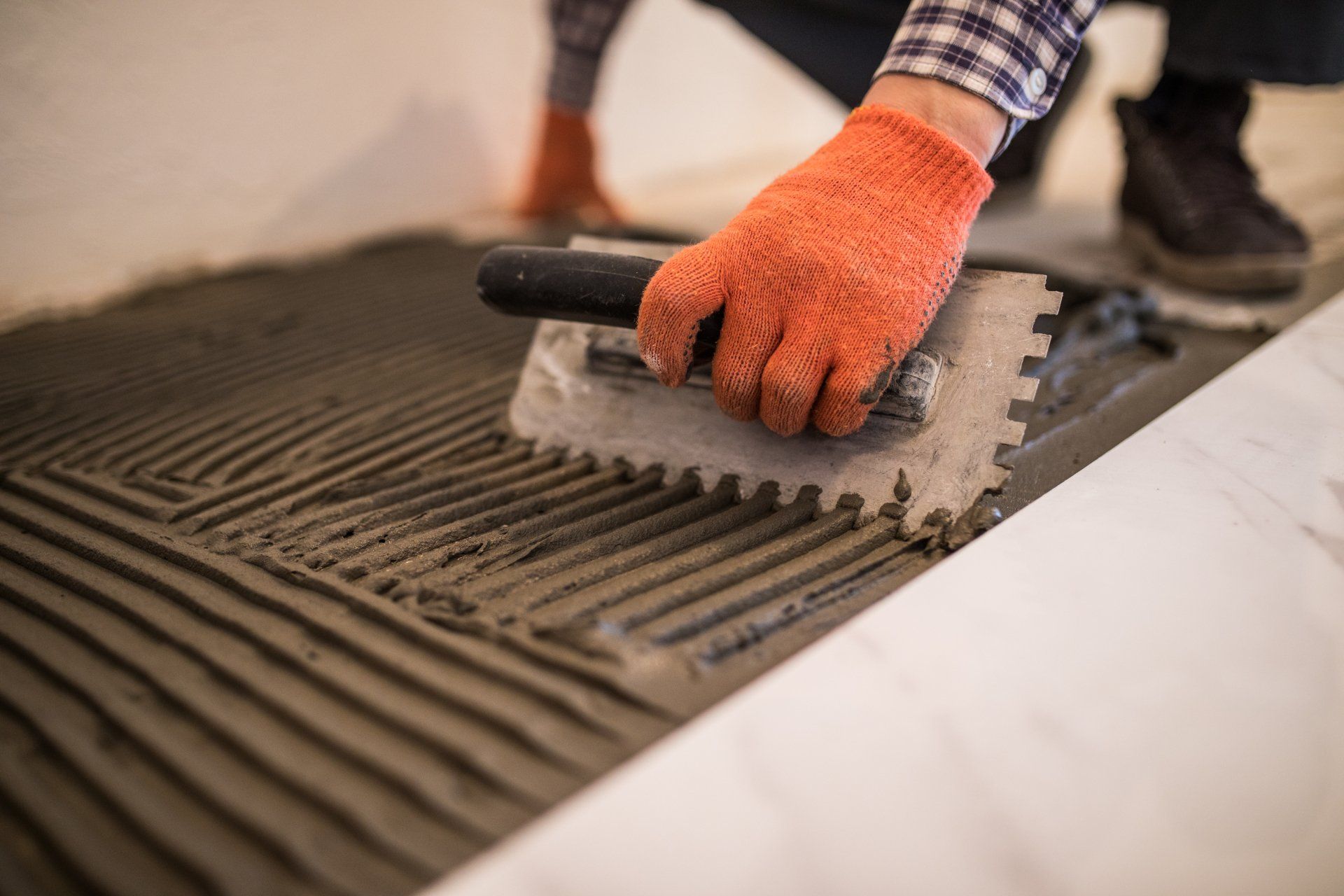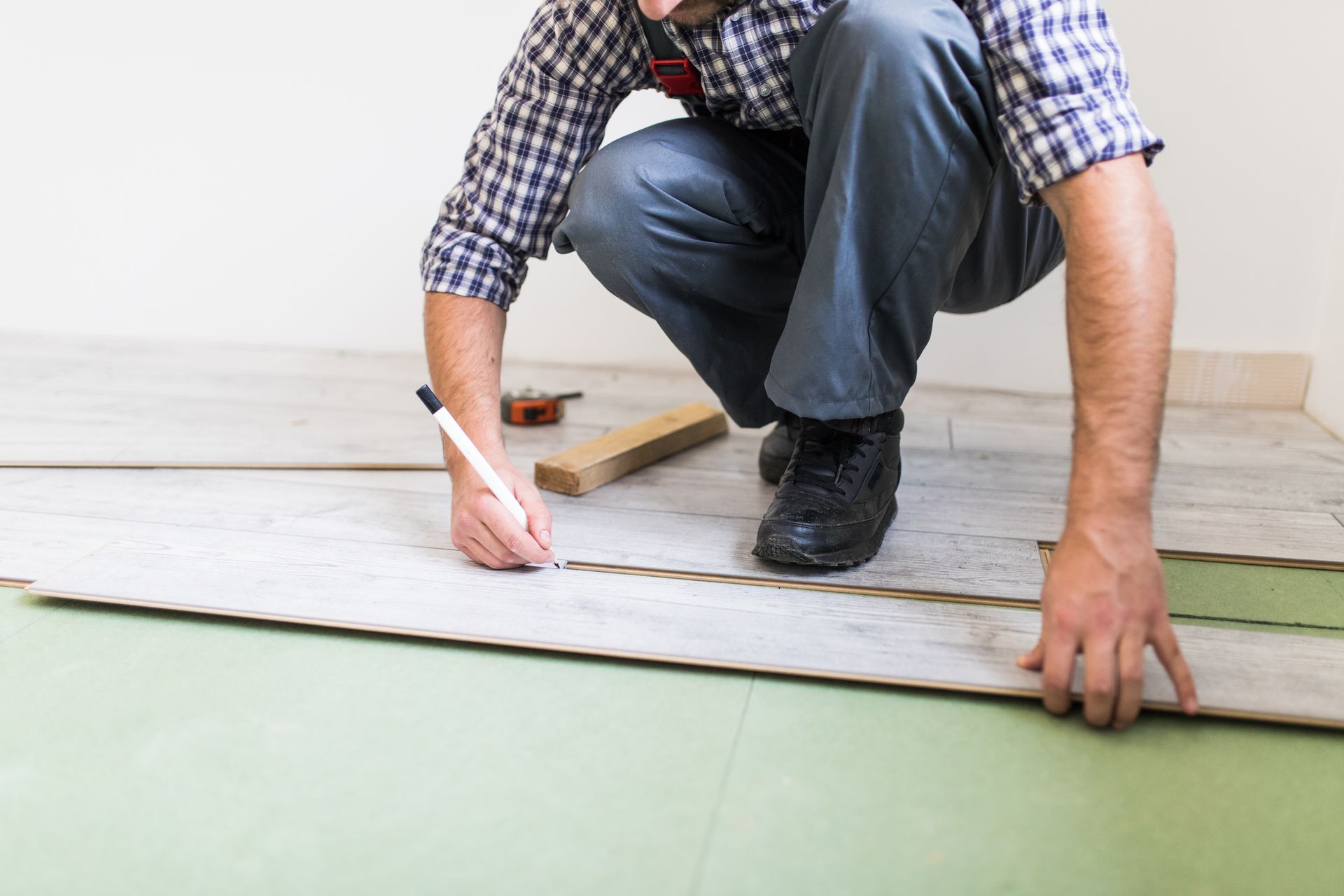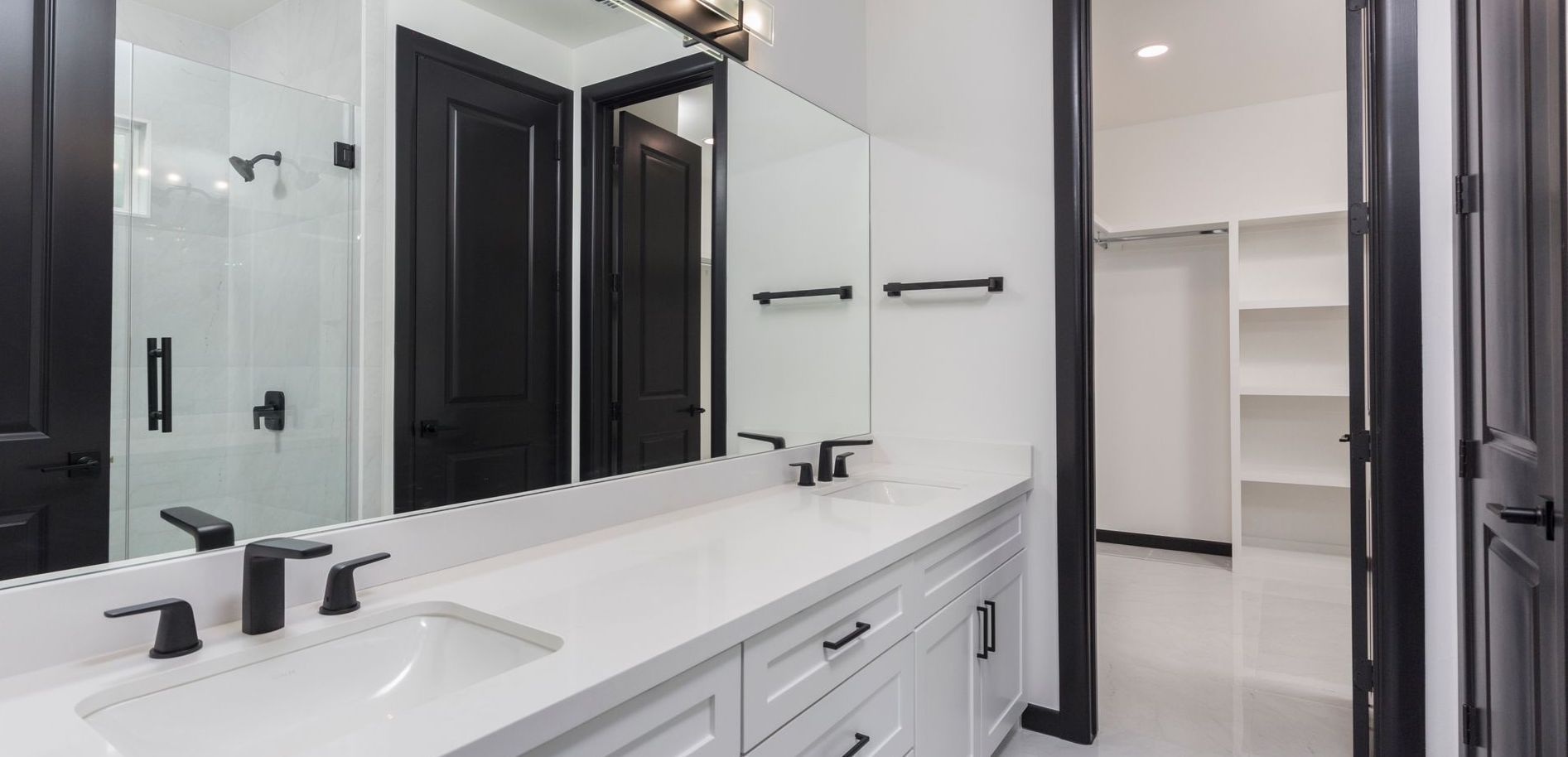(956) 540 5557
3 Signs You Should Prepare for a Construction Project
3 Signs You Should Prepare for a Construction Project
Construction projects can wreak havoc on your life, racking up huge expenses and leaving you with a house that's expensive to live in. But it doesn't have to be that way. With a little preparation, you can avoid the pitfalls of construction and stay on top of the project.
Preparing for the construction process can save you money, time and aggravation. There are no guarantees for how much the job will cost or how long it will take. However, there are some things you can do to get a rough estimate and find out what your contractor's proposals will cost before you hire someone.
Starting a construction project is a major move that can be both exciting and stressful. There are many aspects that go into preparing for such an undertaking, but it's important to start recognizing them early in order to minimize the risk of potential problems.
- You need to make a remodeling project
- 1. Schedule a pre-construction meeting
- 2. Review the construction schedule
- 3. Ensure job site safety
- The structure is showing signs of age.
- Home improvement and maintenance
- Company or business improvement and maintenance
- You are putting your house or building up for sale.
- Bonus: Someone has difficulty using the current structure.
- Get yourself a construction industry experts
You need to make a remodeling project
Many people get the itch to renovate their home after looking at other homes on the market or because of something they saw in a magazine. But before you start tearing down walls, consider how you can improve on your current home and make it more efficient.
Renovating your home or building is an investment, so it's important that you do it for the right reasons. Are you thinking about making changes because your needs have changed? Do you want to increase efficiency or functionality?
For example, if you find yourself wanting more living space, but love your location, building out may be a better option than finding a new place to live. Or if you're tired of cooking in a cramped kitchen and never having enough room for guests, maybe it's time to expand and add an island with seating.
On the other hand, when it comes to a building such as an office, you may be considering a construction project because you want to increase the property value, or you may need to make changes to accommodate a new business.
Before taking on any construction project, large or small, it's important that you sit down and ask yourself a few key questions.
If you're still not happy with your space, then you may have reached the point where it's time to prepare for a construction project. From construction schedule to ensuring job site safety, here are some things you should keep in mind as you start the process.

1. Schedule a pre-construction meeting
The first step is to schedule a pre-construction meeting with your contractor. This is an important step in preparing for a construction project, as it will give you an opportunity to discuss your expectations and the scope of work. It's also a chance to ask questions and get to know your contractor.
2. Review the construction schedule
The construction schedule is a vital part of preparing for a construction project. It will outline the timeline for the project, as well as the milestones that need to be met. Reviewing the schedule with your contractor will help you understand what to expect and when.
3. Ensure job site safety
Safety is always a top priority when it comes to construction sites. Before work begins, walk through the job site with your contractor or construction project managers and identify any potential hazards, review and be part of safety training. Make sure that all safety protocols are in place, such as traffic control, and that your construction workers are aware of them.
The structure is showing signs of age.
If you're noticing that your home or office is starting to show signs of age, it may be time for a construction project. From worn-out carpeting to cracks in the foundation, there are a number of telltale signs that it's time for an update.
This could be in the form of rusting pipes, cracked tiles or warped walls. While some of these problems may seem small at first, they can quickly snowball into larger and more expensive issues if left unchecked.
For example, water damage from a leaky pipe will only get worse over time if it isn't fixed. Similarly, if an unstable wall is not reinforced, it could collapse under its own weight or during a storm and cause injury to anyone standing nearby. To avoid these scenarios, look for any obvious signs that the structural integrity of your building is failing and address them immediately to prevent further damage from occurring.

Sometimes when we have lived in the same space for a long time, we can get so used to our surroundings that we no longer see the little things that need attention or that might be warning signs. This is why it's important to do a regular check-up of your home, looking for any signs of wear and tear.
For example if the paint is flaking off the outside walls, that’s a sign that moisture has penetrated the siding. If the windows rattle when you close them, that means the house has shifted over time and the window frames are out of square. If doors won’t close properly or gaps appear above and below doors, it means there has been settling in the foundation or framing.
Small cracks in drywall can be filled with joint compound and painted over, but cracks larger than 1/8-inch should be examined by a structural engineer to determine where the shifting is coming from.
It’s also important to regularly maintain the systems in your home, such as the HVAC, plumbing and electrical. These systems work hard every day and, like any machinery, they will eventually break down if not properly cared for. By performing regular maintenance, such as changing the air filter in your HVAC system and checking the GFCI outlets in your electrical system, you can prolong the life of these systems and avoid the need for costly repairs down the road.
Company or business improvement and maintenance
The Occupational Safety and Health Administration (OSHA) requires that all employers provide a safe and healthful workplace for their employees. This requires the employer to identify and control workplace hazards to prevent employee injury, illness, or death.
There are a variety of ways to control workplace hazards, including engineering controls, administrative controls, and personal protective equipment.
OSHA regulations also require employers to have a written hazard communication and safety program that includes an inventory of all hazardous chemicals in the workplace and employee training on how to safely handle and work with these chemicals.
Employers should also provide personal protective equipment, such as gloves, respirators, and eye and ear protection, to employees who are working with or near hazardous materials, or the construction site.
When it comes to construction projects, safety should always be the top priority. By following these tips, you can help ensure that your next construction project is completed safely and on schedule.
You are putting your house or building up for sale.
You want to make sure that your house or building is in the best possible condition before you put it on the market. This means fixing any obvious signs of damage or wear and tear, and also making sure that all of the systems in your house or building are in good working order.
Construction managers, also known as general contractors, are responsible for the overall coordination of a construction project. This includes overseeing the subcontractors, scheduling the work, and making sure that the project stays on track and within budget.
If you are selling your house or building, it is a good idea to have a general contractor inspect it before you put it on the market. This will help you identify any potential problems that could end up costing you money down the road.
It’s also a good idea to have a general contractor inspect your house or building if you are planning on making any major renovations. This way you can get an accurate estimate of the costs involved and make sure that the project stays on budget.
When it comes to hiring a general contractor or a construction company, be sure to do your research and only work with reputable companies. You can ask for referrals from friends or family, or you can check online reviews to see what other people have said about a particular company.
Once you have found
a few companies that you are interested in working with, be sure to get written estimates from each of them before you make your final decision.
Bonus: Someone has difficulty using the current structure.
If someone is having difficulty using the current structure, it may be necessary to make some changes. This could include adding ramps or elevators, widening doorways, or installing handrails.
Making these types of changes can be expensive, but they may be necessary in order to make your house or building accessible to everyone. When it comes to a residential property, the Americans with Disabilities Act (ADA) requires that all new construction and renovations be accessible to people with disabilities.
If you are planning on making any changes to your house or building that will impact its accessibility, be sure to consult with an experienced contractor, project manager or architect who can provide direction in order to make the necessary changes.
On the other hand, when it comes to job sites that need these kind of implementations, the OSHA standards are much more strict. All employers are legally required to provide a safe and healthy work environment for their employees, and this might include providing easy access to people with disabilities.
You can learn more about the ADA at the website for the Department of Justice, and you can find more information about OSHA recommends and standards at the website for the Occupational Safety and Health Administration.
When it comes to making your house or building accessible, the most important thing is to make sure that everyone can safely access all areas of the property. By following these tips, you can ensure that your property is safe and accessible for everyone.

Get yourself a construction industry experts
If you're considering a construction project, now's the time to make a plan. These signs should alert you to the fact that your construction project is on the horizon. By getting ready in advance, you can make sure that the job is done right, without expensive complications or emergencies.
If you are a homeowner, you may be thinking about renovating your home. You might want to add an addition, update your kitchen or bathroom, or finish your basement. Whatever the project, if you are planning on doing any type of construction, it is important to get yourself an experienced construction company.
At Brito Construction, we have a team of experts that can help you with any construction project, big or small. We can help you plan your project, get the necessary permits, and complete the construction on time and on budget. We will maintain contact as the project progresses, so that you are always aware of what is happening.
As your construction partner, we will work with you to make sure that your project is done right, and that you are happy with the final result. Contact us today to get started on your construction project.















